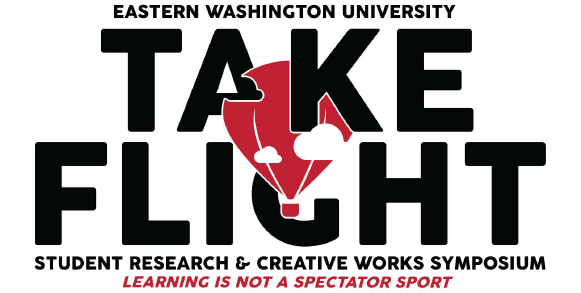Rap music and its correlation with the mental health of young adults
Faculty Mentor
Rosalee Allan
Document Type
Poster
Start Date
10-5-2023 9:00 AM
End Date
10-5-2023 10:45 AM
Location
PUB NCR
Department
Health Services Administration
Abstract
Rap music began in the Bronx, NY, in the early 1970s, with MCs and rappers talking and rhyming in sync with the music. Rap has evolved over the years. The roots of this genre began through the Latinx and the African American inner-city community. It has gone through controversy and harmony while moving into the mainstream and redefining musical culture. Over the decades, rap has grown in popularity among youth. It has been seen as a form of lyrical poetry with raw and authentic lyrics. It reflects the struggles and hardships of marginalized communities. However, some critics argue that rap music promotes harmful behaviors, leading to concerns about its impact on the mental health of young adults. Within the same decade, there has been a significant increase in stress and suicide risk among the youth in the US. Literature reviews have shown that exposure to rap music can positively and negatively affect mental health. The rap genre can provide a sense of belonging and empowerment to listeners who identify with the messages in the lyrics. On the other hand, it encourages negative stereotypes and promotes harmful behaviors, such as drug use and violence. The purpose of this research project is to review the available literature regarding the underlying question: How does rap music correlate to the mental health of young adults? Understanding the complex relationship between rap music and mental health is essential for developing effective interventions and support systems for young adults.
Recommended Citation
Moua, Amy; Isianov, Irina; and Mohmand, Yalda, "Rap music and its correlation with the mental health of young adults" (2023). 2023 Symposium. 10.
https://dc.ewu.edu/srcw_2023/res_2023/p1_2023/10
Creative Commons License

This work is licensed under a Creative Commons Attribution-NonCommercial-No Derivative Works 4.0 International License.
Rap music and its correlation with the mental health of young adults
PUB NCR
Rap music began in the Bronx, NY, in the early 1970s, with MCs and rappers talking and rhyming in sync with the music. Rap has evolved over the years. The roots of this genre began through the Latinx and the African American inner-city community. It has gone through controversy and harmony while moving into the mainstream and redefining musical culture. Over the decades, rap has grown in popularity among youth. It has been seen as a form of lyrical poetry with raw and authentic lyrics. It reflects the struggles and hardships of marginalized communities. However, some critics argue that rap music promotes harmful behaviors, leading to concerns about its impact on the mental health of young adults. Within the same decade, there has been a significant increase in stress and suicide risk among the youth in the US. Literature reviews have shown that exposure to rap music can positively and negatively affect mental health. The rap genre can provide a sense of belonging and empowerment to listeners who identify with the messages in the lyrics. On the other hand, it encourages negative stereotypes and promotes harmful behaviors, such as drug use and violence. The purpose of this research project is to review the available literature regarding the underlying question: How does rap music correlate to the mental health of young adults? Understanding the complex relationship between rap music and mental health is essential for developing effective interventions and support systems for young adults.


